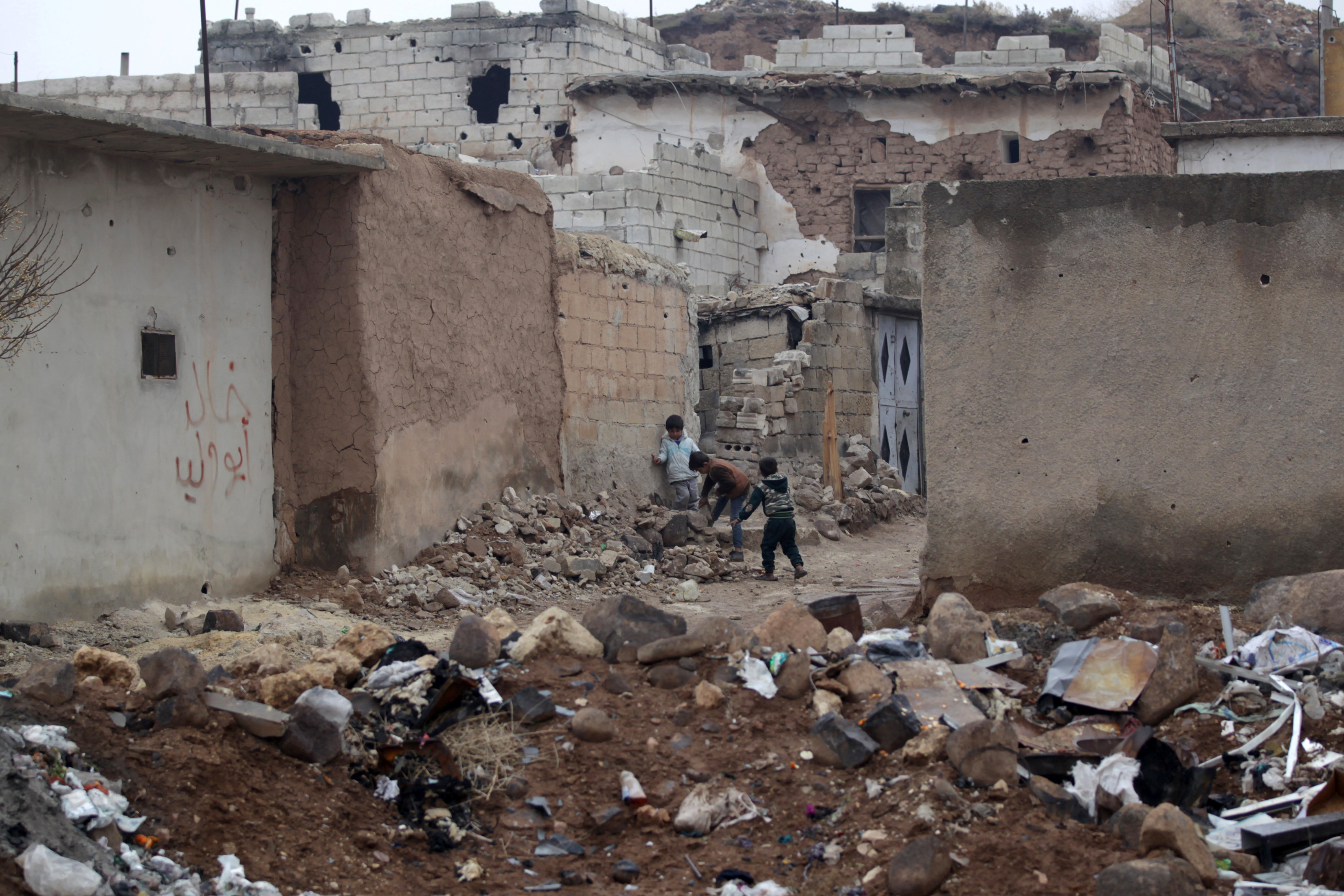
By Krisztina Than and Marton Dunai
BUDAPEST (Reuters) – Hungary favors closer ties with Russia and also expects links with the United States to improve markedly under President Donald Trump, whose criticism of NATO’s strategy on terrorism it endorses, its foreign minister said on Friday.
In an interview with Reuters days before Russian President Vladimir Putin visits Budapest to discuss closer energy ties, Peter Szijjarto also said the European Union’s sanctions regime against Moscow was ineffective and should be scrapped.
“Hungary’s position on the sanctions is that (they are) useless,” Szijjarto said, estimating Hungary had lost export opportunities worth $6.5 billion since they were introduced in place in 2014.
“Should we be happy with Russia’s economy declining? No, we regret that,” he said, adding that Budapest did not view Moscow as a threat.
Hungary, a member of NATO and the EU, has remained on good terms with Russia under the sanctions regime, imposed following its annexation of Crimea in March 2014 and its subsequent involvement in the separatist conflict in Ukraine.
Prime Minister Viktor Orban has in the past criticized the sanctions, and his overall relations with EU authorities have been less smooth, with Budapest notably defying Brussels over the latter’s attempt to introduce a quota system for hosting refugees.
Speaking in English, Szijjarto said the sanctions had also damaged the wider European economy and failed politically as they had not persuaded Russia to honor the four-power Minsk agreement to end the fighting in eastern Ukraine.
His preference would be for “really high level” talks to find new footing for relations with Russia.
“I don’t see Russia as a threat on Hungary. I understand and respect that our Polish friends, Baltic friends have another position on that… Russia would not attack any NATO member state. I don’t think it would be in Russia’s interest.”
TALKING ENERGY
Szijjarto said Hungary, which will host Putin on Feb. 2, is already looking at ways to extend cooperation on natural gas supplies with Russia beyond 2021.
“We have to start now,” he said, adding Budapest would like to develop alternative energy sources but Russia was far more reliable than European partners, which had failed to build the necessary infrastructure to reduce reliance on Russian gas.
Hungary is also pressing ahead with the construction of two new power blocks at its Paks nuclear plant, a 10 billion euro deal with Moscow that has come under scrutiny from Brussels, with a state aid probe still pending.
Once that probe gives the green light, “we will start (construction) immediately,” Szijjarto said.
Budapest also expects a “massive improvement” in ties with Washington, he said, agreeing with Trump’s view that NATO had failed to defend successfully against the threat of terrorism.
“Currently if we speak about threats …I see ISIS as a threat… A non-state actor is the most serious threat to the civilized world. And in this regard, I think yes, NATO could have a bigger role.”
Hungary’s Prime Minister Viktor Orban clashed with the Barack Obama administration over what critics said was an erosion of democratic values by his government.
Last year Orban was one of the first international leaders to endorse Trump, who, Szijjarto said would no longer “interfere into the internal political issues of Hungary.”
“Now as the new President made it very clear that export of democracy is out of the focus of US foreign policy… this kind of pressure… will disappear,” he said.
(editing by John Stonestreet)









